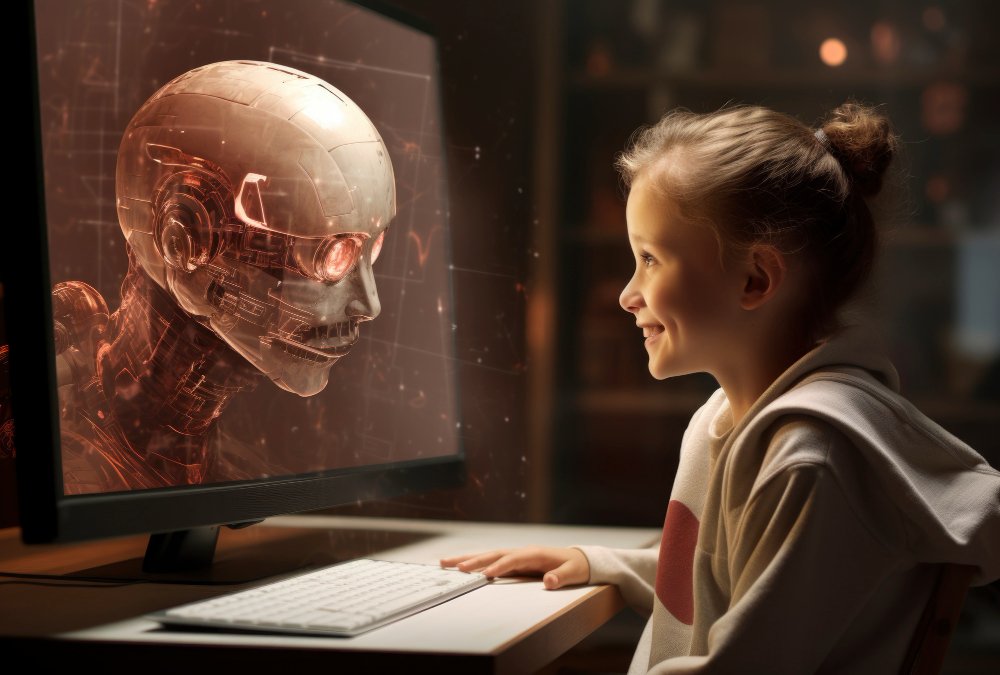In the realm of education, the integration of artificial intelligence (AI) is revolutionizing traditional teaching methods, ushering in a new era of personalized learning tailored to the unique needs and preferences of each student. From elementary classrooms to higher education institutions, AI-powered solutions are transforming how educators deliver instruction, assess student progress, and foster individualized learning experiences. In this article, we’ll explore the pivotal role of AI in personalized learning and its implications for shaping the future of education.
Understanding Personalized Learning with AI:
Personalized learning is a pedagogical approach that seeks to customize education to meet the specific needs, interests, and learning styles of individual students. By leveraging AI algorithms and machine learning models, educators can analyze vast amounts of data, including student performance, preferences, and behaviors, to create personalized learning pathways and experiences.
The Impact of AI in Smart Education:
In the context of smart education, AI serves as a catalyst for innovation, enabling educators to deliver tailored instruction and support to students at scale. From adaptive learning platforms that adjust content based on student mastery to intelligent tutoring systems that provide real-time feedback and assistance, AI enhances the effectiveness and efficiency of teaching and learning processes.
Benefits of Personalized Learning with AI:
The adoption of AI in personalized learning yields numerous benefits for both educators and students. For educators, AI-powered analytics tools provide valuable insights into student progress, enabling them to identify areas for intervention and customize instructional strategies accordingly. For students, personalized learning experiences foster engagement, motivation, and academic achievement by addressing individual learning needs and promoting self-directed learning.
Applications of AI in Personalized Learning:
AI-powered solutions are deployed across various aspects of personalized learning, including content delivery, assessment, and support. Adaptive learning platforms use AI algorithms to dynamically adjust course materials and activities based on student performance and preferences. Intelligent tutoring systems employ natural language processing and machine learning techniques to provide personalized feedback and guidance to students. Virtual learning assistants offer personalized support and assistance to students, answering questions, providing explanations, and offering study tips in real-time.
Challenges and Considerations:
While the potential benefits of AI in personalized learning are significant, educators must also navigate challenges such as data privacy, ethical considerations, and equitable access to technology. Additionally, fostering a culture of collaboration and ongoing professional development is essential for ensuring successful implementation and integration of AI-powered solutions in educational settings.
Conclusion:
In an era defined by digital innovation and rapid technological advancement, AI emerges as a transformative force in personalized learning, empowering educators to create engaging, adaptive, and personalized learning experiences for students. By harnessing the power of AI, educators can unlock new opportunities for academic success, foster lifelong learning, and empower students to reach their full potential in an increasingly complex and interconnected world. As we continue to explore the possibilities of AI in education, the journey towards personalized learning remains an ongoing pursuit of excellence, innovation, and empowerment for all.

